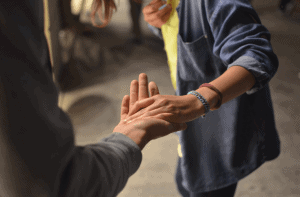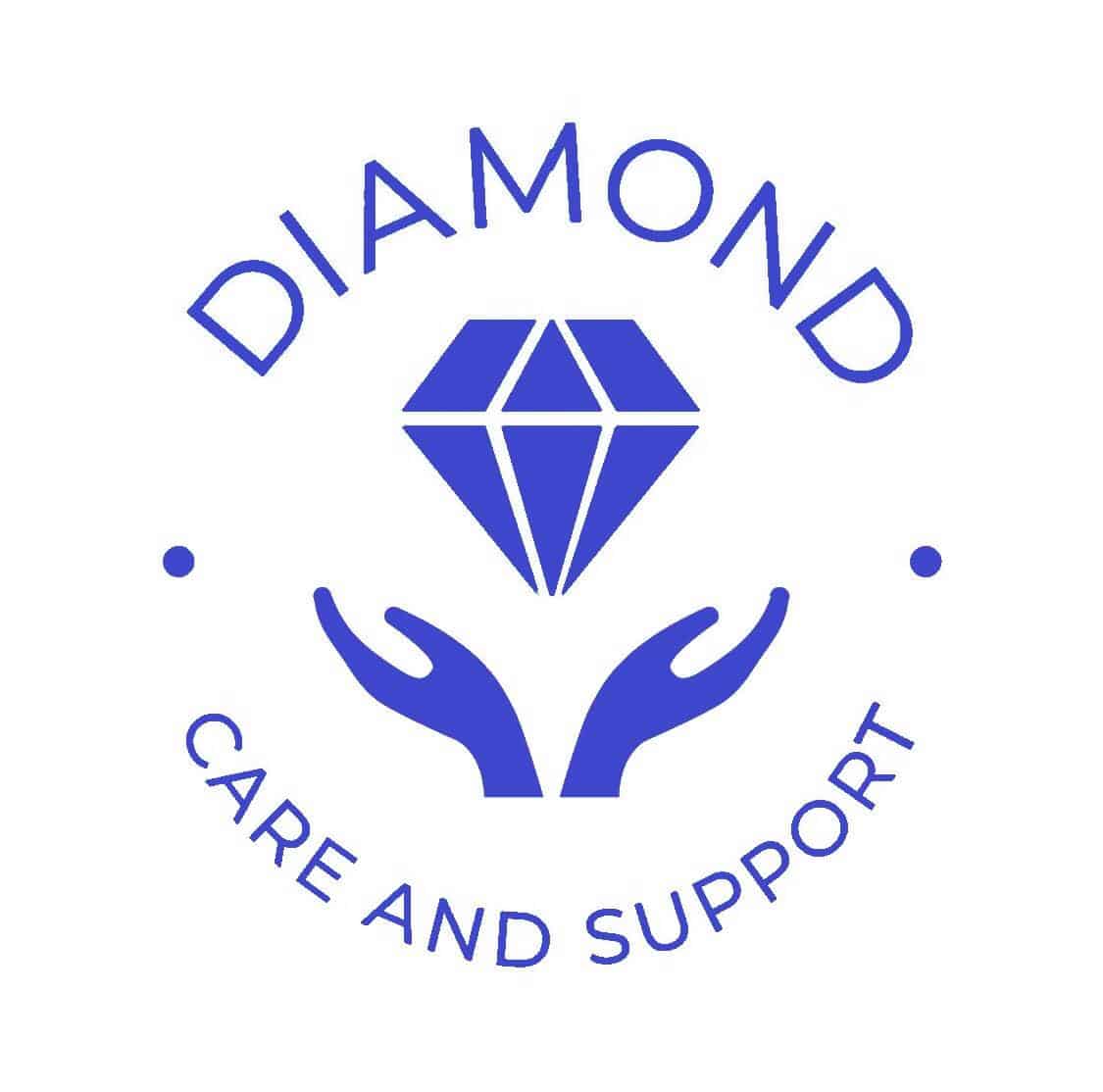We supply a series of quality care services to aid those who can’t fully look after themselves. The likes of domiciliary care are especially popular. This is because it allows us to offer our help without you needing to leave your home. You can retain your independence and enjoy your own privacy while we are still around to assist.
When we get older, our muscles weaken. Our balance also decreases. This increases the chances that we will fall. The middle of winter only makes things worse by bringing in icy and cold conditions. It is the most likely time of year that someone older will slip and fall. To help prevent this, we are going to offer some advice on the subject.
Vulnerability
 Older individuals are far more vulnerable to falling, even more so if they suffer from health issues. Around 1/3 of adults past the age of 65 living at home have one fall at least every year. Additionally, around half of them will fall more regularly.
Older individuals are far more vulnerable to falling, even more so if they suffer from health issues. Around 1/3 of adults past the age of 65 living at home have one fall at least every year. Additionally, around half of them will fall more regularly.
Fortunately, the majority of falls don’t lead to serious complications. When someone is older though, their bones are far more vulnerable to fractures or outright breaking. Plus, falling can result in lost confidence. A person could feel as if they are losing their independence because they can’t get around as easily.
Get them a check over
If you see someone fall, see to it that they go to A&E, a walk-in clinic, or their GP for a check over. At times, older individuals can hide injuries. They fear losing control over their independence. Moreover, they could feel embarrassed by everything that happened. It is vital that you offer reassurance. Let them know everything is alright and they will retain their dignity even if they need extra aid.
Don’t rush it
One thing you must not do here is attempt to get people up immediately after a fall. Start by checking for injuries. Attempt to calm the individual by asking them to take deep breaths. They could be in shock. Circular breathing is often effective. While they breathe, check them for swelling, skin discolouration, and other signs of major injury.
Know when to get help
If someone is struggling to get up or is in substantial pain, call an ambulance. If there aren’t any clear signs of injury, you can try offering to help them up. It is essential that you only aid them in getting themselves up. This needs doing carefully and gradually with them in complete control. They could be more hurt than they know, so prepare for this possibility and don’t physically lift them.
Ask us about how we deliver domiciliary care
At Diamond Care and Support, we know that everyone has value. They are entitled to an identity of their own. This includes their own dislikes, likes, and personality. We work alongside our clients and their families to maximise our support. Here we tailor the service to make it personal and maximise wellbeing.
So, if you need domiciliary care or want to arrange it for a family member, please let us know. We have a compassionate team ready to help people across Wearside.

